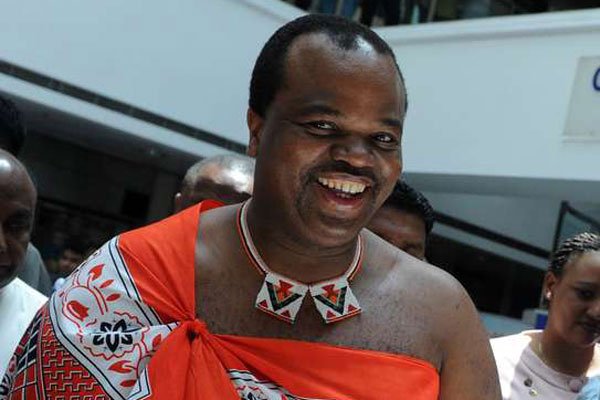|
Getting your Trinity Audio player ready...
|
Civil Society Organisations boycotted a Sibaya called by King Mswati iii on Friday the 16th of July amidst growing popular calls for democratisation; inclusive dialogue; and, justice and accountability for the violent repression of pro-democracy protests.
Since May 2021, pro-democracy protests have erupted in the Kingdom, sparking a violent state-sponsored pushback which has so far resulted in at least forty deaths and injuries to more than 150 protestors and activists. The Southern Africa People’s Solidarity Network has called upon the SADC Troika to expand the mandate of its second fact-finding mission on the situation in the Kingdom, to gain access to hospitals, mortuaries, and places of detention to enable accountability and critically to shed light on serious allegations of arbitrary force and indiscriminate killings.
A Sibaya is a national policy dialogue meeting, usually held once every year in the Kingdom of Eswatini. This royal gathering is conceptualised as an opportunity for citizens to engage the king on issues affecting 7 the country. However, empty trucks and buses hired by the government to pick up people from communities to attend the Sibaya testified to the high levels of discontent.
Pro-democracy protests held in Mbabane on the day of the Sibaya were violently disrupted by police using rubber bullets and teargas. The King’s speech during the Sibaya in which he announced his unilateral choice for Prime Minister despite popular calls for an elected Prime Minister clearly signalled the king’s unwillingness to cede power or meaningfully engage. Political parties are currently banned in Eswatini.
For the past three decades, King Mswati iii has ruled over the kingdom of Eswatini with absolute power whilst amassing huge personal stakes in the local economy for a narrow-connected elite. At the same time, at least two-thirds of the people in Eswatini live below the poverty line and have thus been disproportionately affected by the broader impacts of the COVID-19 pandemic. These factors give critical context and urgency to the growing call for democratic reform as citizens seek greater voice and effective representation in decisions that impact their daily living.
In his Sibaya speech, the King labelled people who are calling for change as ‘marijuana smokers and drunkards.’ His emissary who issued a radio announcement claimed that those people who are calling for SADC to negotiate do not know that the SADC TROIKA is an instrument for Heads of State to engage each other.
In response, Civil Society Organisations have vowed to intensify the fight for democratisation in the kingdom of Eswatini. However, in a rallying call and update, SAPSN Regional Coordinating Committee member Dumezweni Dhlamini defiantly stated that ‘’members and movements in the region should know that as SAPSN, that the Network was established because among other things it felt that this SADC doesn’t address the will of the people hence our parallel summits and marches to deliver the petitions.
“We need to understand therefore that we shall win the struggle of Eswatini not because of SADC Heads of States as they will never tell one of their own to listen to the demands of his people because they themselves, the majority of them do not. It is upon us as Social Movements to unite and strategize on how we strengthen the actions which would force Mswati the dictator to step down of power. Dictatorship by nature is criminal and such should never be allowed in our region. We call upon Malawi Comrades as Malawi is the incoming chair of SADC to mobilize and embark on a campaign to secure a constitutional democracy in the kingdom of Eswatini.”






